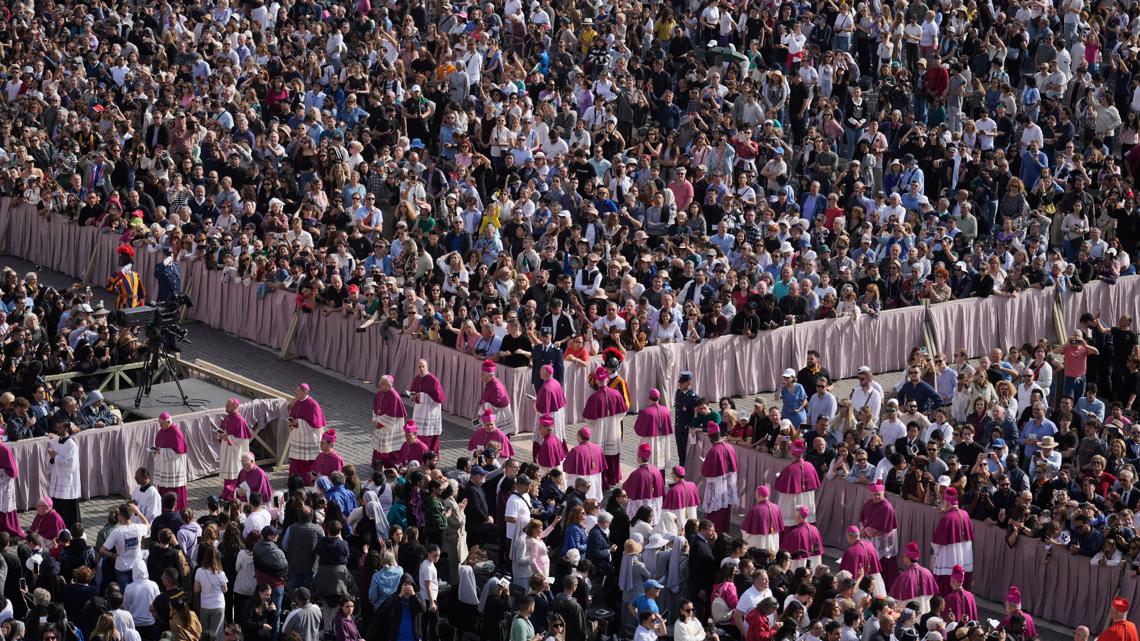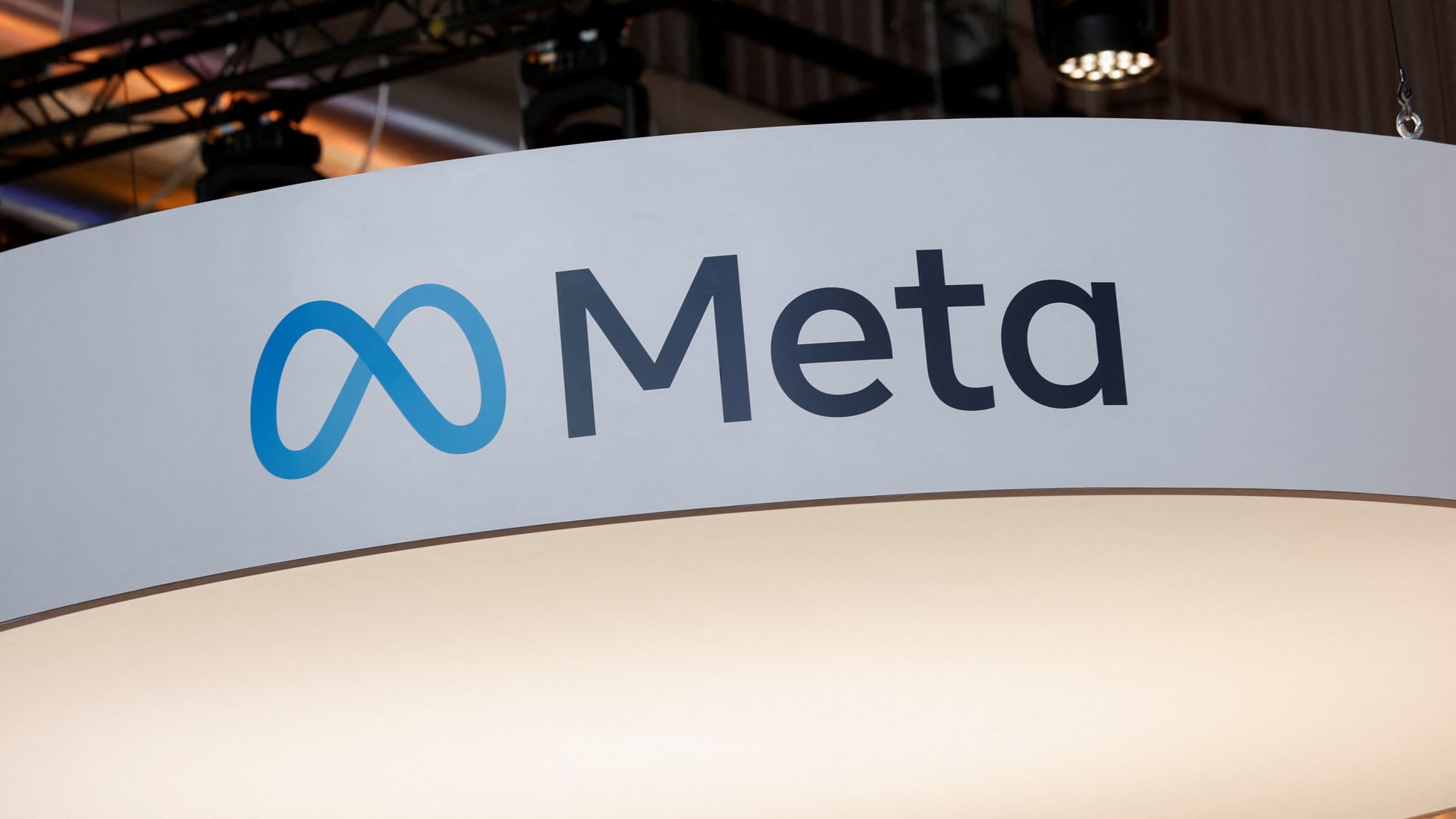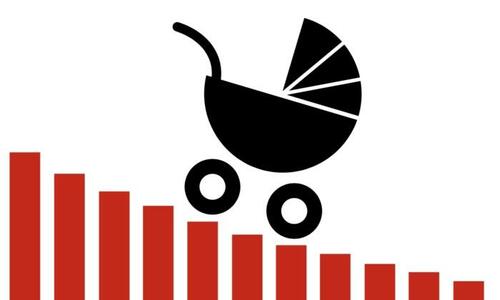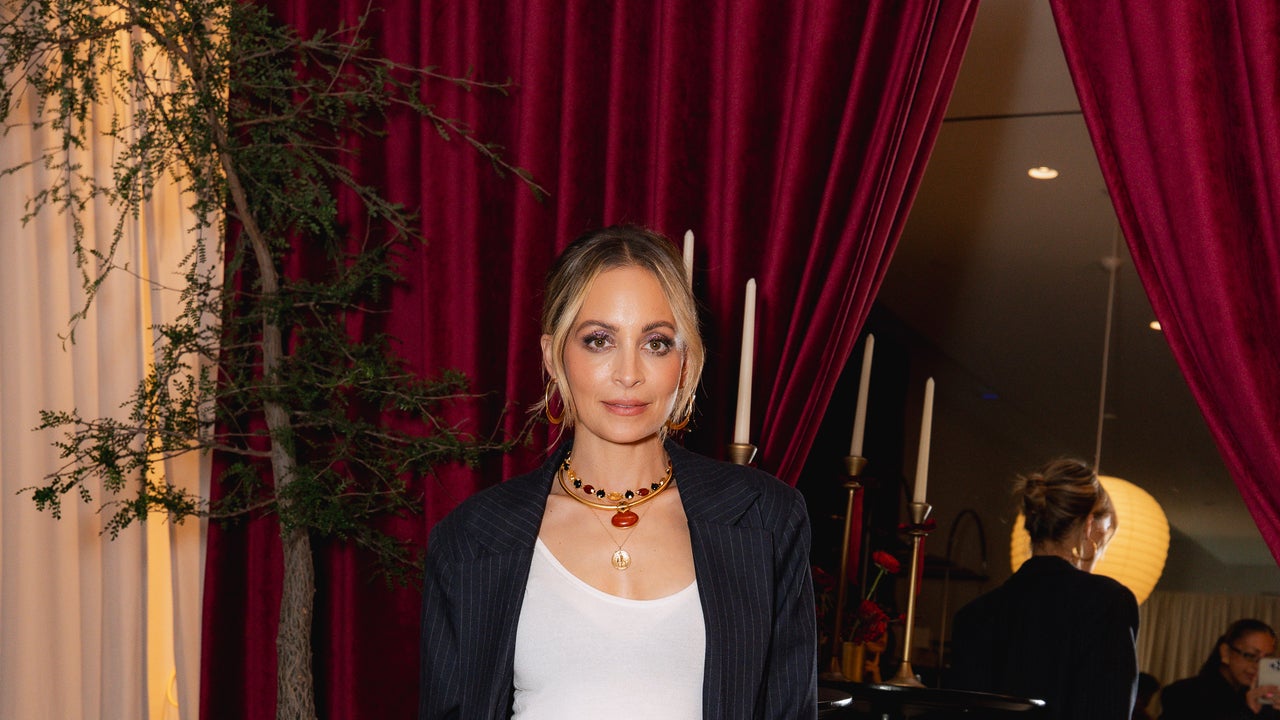So, Rishi Sunak is rich. So what? The world is littered with billionaire political leaders, past and present.
Besides, the billion dollars — or perhaps merely hundreds of millions of dollars — belong mostly to Sunak’s wife, Akshata Murty, who owns just under one per cent of the shares in Infosys, the multi-billion dollar software company founded by her father in India.
It’s not clear just how much the couple is worth, but the Sunday Times of London on Tuesday estimated the amount to be about £730 million, or $1.2 billion Cdn. It might be more — or less.
And even though his wife’s riches dwarf his earnings, Sunak has still contributed what’s estimated to be several million dollars to the family piggy bank through his work as an investment banker before he became an MP in 2015.
Whatever the exact figure, the British media were quick to point out that when Sunak met King Charles on Tuesday to have the office of prime minister officially conferred on him, for the first time in modern history the country’s political leader and his wife were richer than the monarch and his Queen consort.
Does it matter?
Sunak says it doesn’t. The important thing, he said after meeting King Charles, is that he will “bring compassion to the challenges we face today.”
During an interview with a London Telegraph podcast this summer, he said that “values are what are important, what I’m wearing is irrelevant to all of that.”

Having said that, Rishi Sunak does have a penchant for $5,000 suits and he was criticized for once turning up at a construction site wearing Prada loafers worth about $750.
Not to mention his two houses in England, an apartment for visiting relatives in London, and a multi-million dollar “retreat” in California.
As for questions about his wealth, “I actually quite welcome it, to be honest,” he said in the podcast interview. “It is the opposite of annoying. Very few people bring it up with me.”
Rishi Sunak has been installed as Britain’s third prime minister of the year by King Charles. In his first speech in the role, Sunak pledged to restore trust in government and warned of difficult decisions to come.
Wealthy world leaders
Sunak now joins a rather motley crowd of very rich world leaders. Consider: Vladimir Putin, Kim Jong Un, Ferdinand Marcos Jr., Ali Bongo. And there are others recently out of office — Silvio Berlusconi and, of course, Donald Trump.
The first group have used high office to plunder their way to vast riches.
Russian President Vladimir Putin allegedly hides his billions in shell companies often held by his lieutenants, according to revelations in the ‘Panama Papers’ released by the International Consortium of Investigative Journalists.
Kim Jong Un, the leader of North Korea, has up to 200 bank accounts in banks around the world worth several billion dollars, according to U.S. and South Korean government investigations.

Ferdinand Marcos Jr. is the newly elected president of the Philippines. His father, Ferdinand Marcos Sr., also president for more than 20 years until he was toppled in 1986, managed to steal billions, according to government investigators. Of that, his wife, Imelda — she of the 1,000 pairs of shoes — and his son managed to keep something like $10 billion US, despite repeated government attempts to retrieve the funds. The Marcos family has rejected accusations of embezzlement.
There is also Ali Bongo, son of Omar Bongo, who died in 2009. Together the two have ruled the African oil-rich state of Gabon for almost 55 years. Father Omar was protected by the French government (French paratroopers once rescued him from a kidnap and coup attempt). In return he gave the country’s enormous oil concession to Elf Aquitaine, a French company. Thereafter, successive French governments have turned a blind eye to the family kleptocracy. President Ali Bongo is reputed to be worth more than $1 billion, with expensive properties in France and the United States.
As GDP figures and intelligence analyses show, none of these leaders have left their countries in better shape than when they took office.
Berlusconi, Trump flaunted riches
The last two — Berlusconi, prime minister of Italy for 12 years and Trump, president of the U.S. from 2017 to 2021 — made their billions, by fair means or foul, before coming to office.
Berlusconi was reputed to have started his property empire with mafia-laundered money. Trump and his company are being sued for fraud by New York’s attorney general, who alleges he built his property empire by inflating his assets to obtain favourable loan terms and played down the value of those assets at other times for tax purposes.
Both men paraded flamboyantly before their electorates. In 2018, Trump described himself as “a very stable genius.” Berlusconi went him one better, announcing on the campaign trail in 2006: “I am the Jesus Christ of politics.”

Each man offered his wealth as a guarantee that he couldn’t be corrupted in office. Both reneged on that.
Once elected, Berlusconi kept his extensive business empire, including most of the country’s private TV networks, which tilted their news programs in his favour. He had the Italian parliament pass a law in 2008 protecting him from prosecution while in office. It was thrown out by Italy’s Constitutional Court in 2009. In 2013, the same court upheld his conviction for fraud, imposing a four-year sentence, reduced to one year because of his age. He was ordered to do community service.
In the run up to the 2016 presidential election, Trump promised to put his business interests into a blind trust if he won. Instead, he turned over business operations to his children. And according to documents recently released by a congressional committee, Trump’s company charged exorbitant prices for hotel rooms used by Secret Service agents paid to protect him.
Both Berlusconi and Trump were eventually forced from office by their electorates, and both have been attempting political comebacks in their respective countries despite leaving them adrift.
Sunak shares little of Berlusconi and Trump’s flamboyance, but like them he has worked to hold tightly to the riches he and his wife enjoy.
Sunak’s wife under fire for tax status
He latched onto a British get-out-of-jail card for the very rich on behalf of his wife, who was declared a “non-dom,” in other words, non-domiciled in Britain for tax purposes. For the sum of $50,000 a year paid to the tax department, paltry for someone so wealthy, Murty would pay no tax on her non-British income.
Last year, her dividends from Infosys were estimated at more than $15 million. Not paying British tax on that can only be described as a delightful savings, one not available to millions of British taxpayers, who would normally pay a 38 per cent tax on such dividend payments.
Sunak’s wife did not change her status even when her husband became Britain’s finance minister in 2020. Only when the non-dom status became public earlier this year and Sunak’s reputation took a severe knock did Murty announce she would pay British taxes on her overseas income.

Nevertheless, the Sunaks are spending hundreds of thousands of dollars to build a swimming pool and gym at their mansion in the north of England during a time of brutal inflation when millions of Britons are wondering how they will pay their bills this winter.
And despite his protestations that he’s comfortable talking about his money, Sunak has offered almost no details on his wife’s investments or on the blind trust in his name containing his investments.
Though it’s clear Sunak doesn’t lack for money, he can’t afford to be seen as too rich for his own good, or that of his country.

















